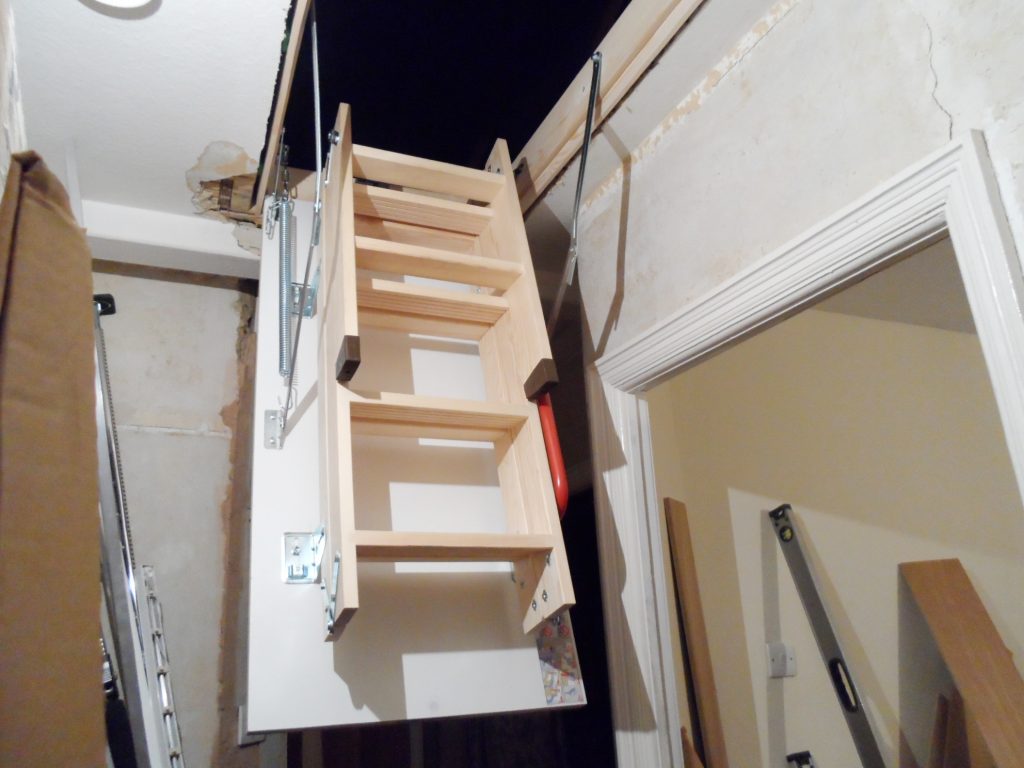Loft Hatches Essex padding contractor is some sort of professional who specializes in installing insulation materials throughout residential, commercial, and even industrial buildings to be able to improve energy effectiveness, comfort, and indoor air quality. Insulating material contractors work with various types of insulation materials, like as fiberglass, cellulose, foam, and drinking wool, to meet the specific needs of each and every building and task. Here are many key responsibilities plus services provided by insulating material contractors:
Assessment plus Consultation: Insulation installers assess the padding needs of buildings by evaluating elements such as making design, energy use, climate conditions, and pre-existing insulation. They provide recommendations and services to help homeowners choose the most appropriate insulation components and methods for their needs.
Insulation Assembly: Insulation contractors install insulation materials in walls, attics, flooring surfaces, ceilings, crawl places, and other regions of buildings to reduce heat transfer and improve cold weather efficiency. They work with specialized tools in addition to methods to ensure suitable installation and insurance of insulation supplies, minimizing air seapage and thermal bridging.
New Construction plus Retrofitting: Insulation companies focus on both innovative construction projects and even existing buildings going through renovation or retrofitting. They install padding in the construction phase or retrofit insulating material to boost energy efficiency and comply using building codes and energy efficiency standards.
Air Sealing: Inside addition to putting in insulation, insulation installers often perform air flow sealing measures in order to minimize drafts, air flow leaks, and infiltration of outdoor air flow into buildings. Surroundings sealing helps increase energy efficiency, inside comfort, and in house air quality simply by reducing heat loss and moisture infiltration.
Moisture Control: Padding contractors may also provide moisture command services to avoid moisture build-up or condensation, mold growth, and even moisture-related damage throughout buildings. They set up vapor barriers, atmosphere barriers, and moisture-resistant insulation materials to be able to mitigate moisture issues and protect constructing components.

Energy Audits: Some insulation companies offer energy review services to evaluate the particular overall energy performance of buildings and even identify opportunities regarding energy savings plus efficiency improvements. Power audits may include blower door checks, infrared thermography, in addition to diagnostic assessments regarding insulation, air leakage, and HVAC methods.
Code Compliance and even Certification: Insulation contractors make sure that insulation installs comply with building limitations, regulations, and industry standards. They may well also provide paperwork and certification intended for energy efficiency courses, green building certifications, and rebate incentives offered by utility companies and govt agencies.
When selecting an insulation builder, it's important to be able to select a licensed, fused, and insured professional with life experience in insulating material installation and strength efficiency. Additionally, look at factors such because reputation, credentials, recommendations, and warranties any time selecting an insulating material contractor for your project.
